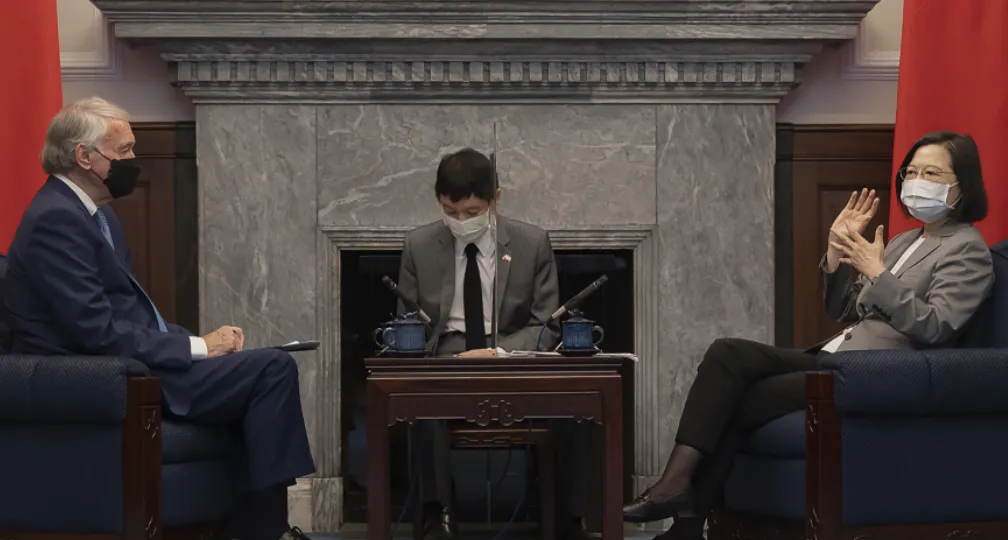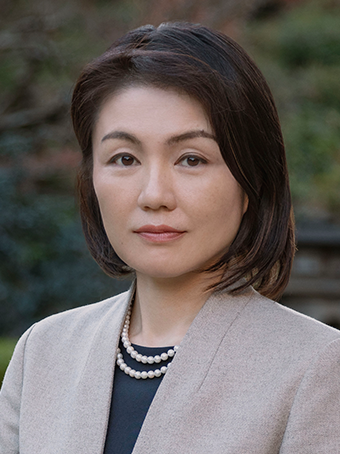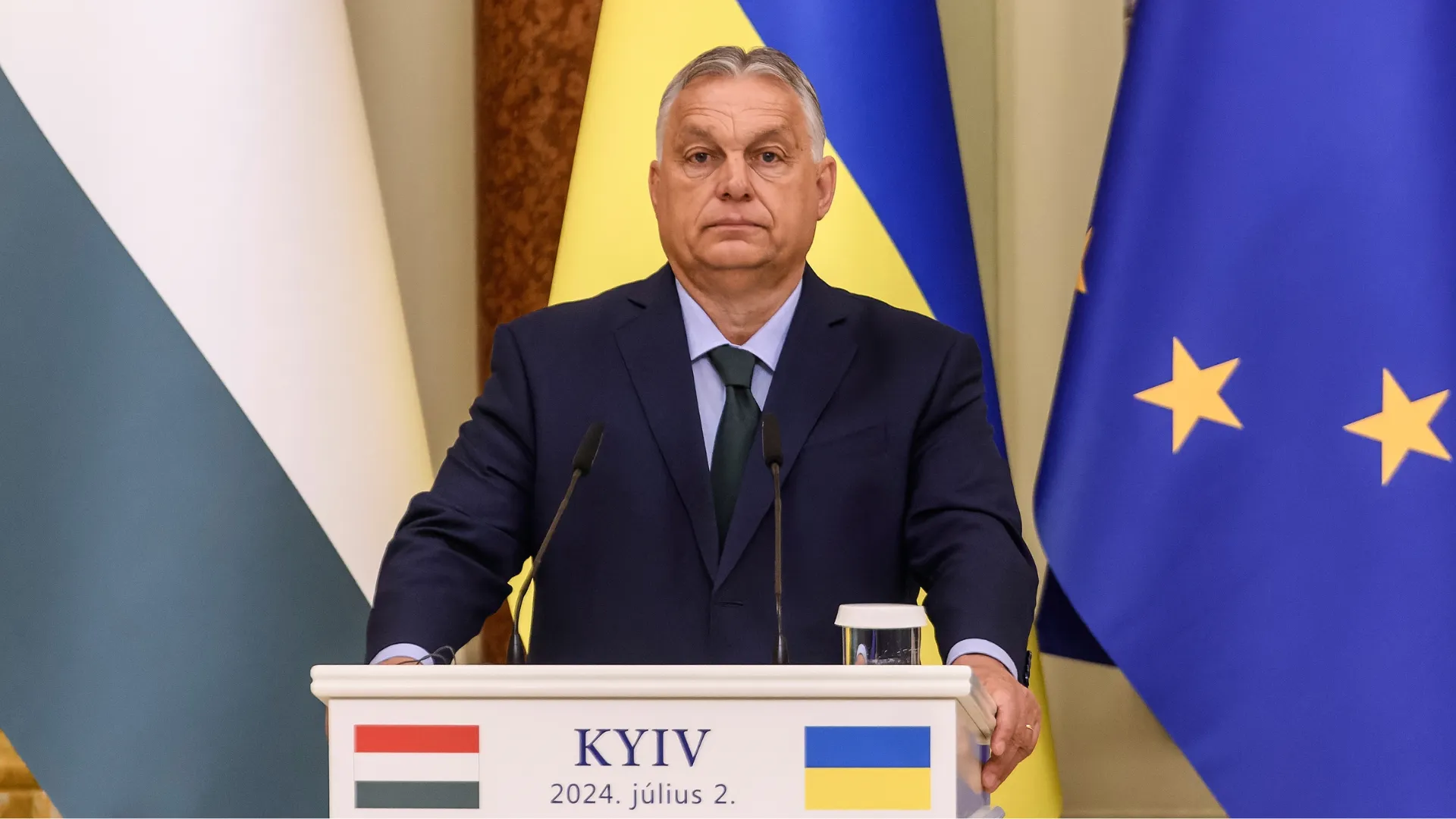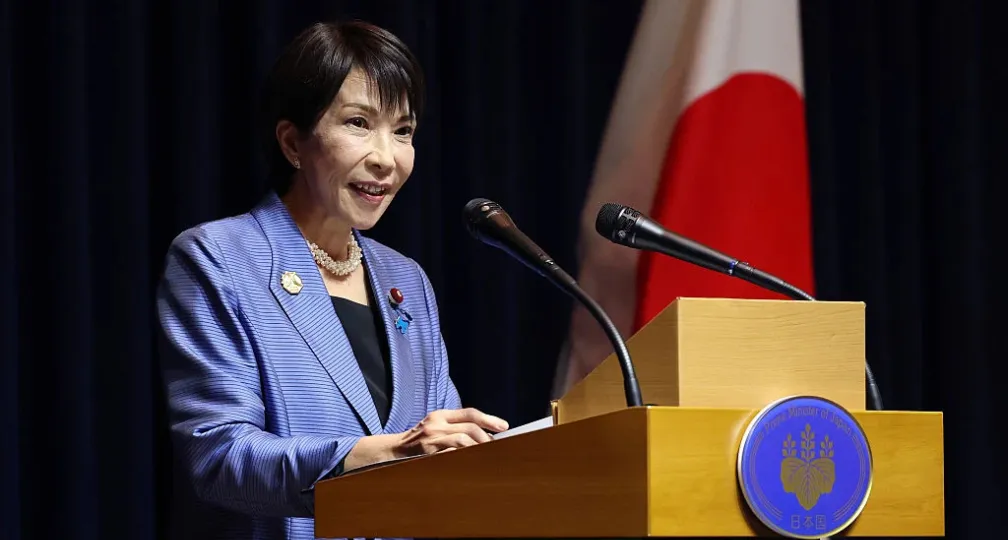How the Taiwan issue represents the U.S. and China’s battle for legitimacy

For a full picture, however, the visit should really be assessed from multiple perspectives, including the ripple effects to regional security in the medium term to long term.
Critics of the visit claim that Pelosi’s trip gave the People’s Liberation Army an excuse to increase its constant presence in the Taiwan Strait from a security standpoint.
Others, meanwhile, say there have been no significant strategic changes by China or the United States following the visit. China’s large-scale military exercises that took place immediately afterward were part of moves the Chinese military had been pushing for since the late 2010s, and Washington had already been shifting its focus to Taiwan defense since U.S. President Donald Trump’s administration.
In this series, three experts have discussed the issue from a range of perspectives prior to this article.
Wei-Hsiu Huang, well-versed in situations within Taiwan, has analyzed why Taiwanese society managed to respond calmly to the Chinese drills, and pointed to Japan’s need to prepare for cognitive warfare.
Yoshiyuki Ogasawara gave high marks to the political effect of Pelosi’s visit, which responded to Taiwanese society’s determination not to be unified with China, and stressed that consistent response by the international community continues to be necessary in the future.
Shinji Yamaguchi, who discussed the visit’s impact on Chinese domestic politics, concluded that although the drills demonstrated China’s military superiority in the region, they also revealed factors that hamper Beijing’s goal of unifying with Taiwan.
Following their discussions, this article focuses on U.S. President Joe Biden’s rhetoric, made in response to the drills, and looks into the strategic competition between Washington and Beijing over Taiwan’s right to self-determination and independence.
Global balance of power
When China conducted its military drills, countries reacted differently depending on their relations with Beijing.
The foreign ministers of the Group of Seven countries and the European Union’s high representative for foreign and security policy put out a joint statement on Aug. 3, harshly criticizing the exercises.
Strongly displeased with the joint statement, the Chinese government abruptly canceled a meeting between its Foreign Minister Wang Yi and Japan’s Foreign Minister Yoshimasa Hayashi that had been scheduled for, the following day.
Subsequently, on Aug. 6, the foreign ministers of Japan, the U.S. and Australia issued a joint statement calling on China to immediately halt its exercises.
Meanwhile, foreign ministers of the member countries of the Association of Southeast Asian Nations (ASEAN) remained evasive in their stance on the issue.
In their Statement on the Cross Strait Development released on Aug. 3, they expressed concern over “the recent development in the area adjacent with the ASEAN region, which could destabilize the region,” but never made clear whether the area they were referring to was the Taiwan Strait.
The statement mentioned China only once, saying “We reiterate ASEAN Member States’ support for their respective One-China Policy.”
India reacted to the issue later, on Aug. 12, indirectly calling upon China to avoid taking unilateral actions to change the status quo. But it did not specifically name China nor Taiwan.
European Commission’s response
In sharp contrast, the European Parliament quickly expressed support for Taiwan.
European Parliament Vice President Nicola Beer had visited Taipei on July 19, prior to Pelosi’s visit, and met with Taiwanese President Tsai Ing-wen the following day.
Chinese Foreign Ministry spokesperson Zhao Lijian said of the visit, “We urge the EU side to earnestly abide by the ‘One China’ principle, speak and act with prudence on issues related to Taiwan and prevent any serious disruption in China-Europe relations.”
On Sept. 15, the European Parliament overwhelmingly adopted a resolution strongly condemning the Chinese military exercises in the Taiwan Strait, with 424 votes in favor, 14 against and 46 abstentions.
On Sept. 21, the Inter-Parliamentary Alliance on China, a cross-party group of European lawmakers, sent a joint letter to EU leaders including European Commission President Ursula von der Leyen, urging them “to make haste with the EU-Taiwan Bilateral Investment Agreement.”
Similarly, the German government showed concern for security across the Taiwan Strait for the first time in its progress report on its policy guidelines for the Indo-Pacific region adopted on Sept. 14, putting in writing that it is opposed to nonpeaceful means of changing the status quo in the strait.
However, the European Commission took a balanced approach to boosting economic cooperation with Taiwan without excessively provoking China.
Josep Borrell, EU high representative for foreign affairs and security policy and vice president of the European Commission, told the European Parliament on Sept. 13 that members need to be ready to play smartly, while adding, “I know that this will not make all of you 100% happy. Some of you would like me to take a tougher stance.”
Borrell explained the need to maintain a balanced position of not accepting changes to the status quo by force and continuing to broaden cooperation with Taiwan while keeping to the One China policy.
He stressed, meanwhile, that the EU is the largest investor in Taiwan and that Taiwan’s semiconductor production is crucial for global supply chains.
His remarks reflect the EU’s intention to stay calm and not be too inclined to take Taiwan’s side, while still keeping pace with the U.S.
Strategic ambiguity
Against such a backdrop, an argument is arising in discussions related to Taiwan’s defense — to let the Taiwanese people decide their island’s future.
The resolution adopted by the European Parliament also underlined that on the democratic island of Taiwan, it is up to the people to decide how they want to live.
In an interview with CBS News on Sept. 18, Biden said, “Taiwan makes their own judgments about their independence. We are not encouraging their being independent. That’s their decision.”
Such a stance is in line with the idea of self-determination by the people described in the Resolution on Taiwan’s Future, ratified by Taiwan’s ruling Democratic Progressive Party (DPP) in 1999, which stated that any change in the independent status quo must be decided by all residents of Taiwan by means of plebiscite.
It should be noted that the rhetoric of stating Taiwan’s future should be decided by the Taiwanese people themselves — although China would not approve of this — is basically not inconsistent with the U.S.’ One China policy.
To begin with, in the U.S.-China joint communique issued in 1978, Washington only went as far as saying it “acknowledges the Chinese position that there is but one China and Taiwan is part of China,” remaining strategically ambiguous on the issue.
This means by focusing on the Taiwanese people’s intentions, the U.S. can demonstrate its stance of supporting democracy rather than the island’s independence. That matches the Biden administration’s logic of democracy versus authoritarianism.
Paradoxically speaking, however, although it is unlikely for Taiwan to hold a referendum on the issue in the foreseeable future, if the Taiwanese public does choose to unify with China through democratic procedures such as a plebiscite, the Biden administration can do nothing but sit and watch.
Meanwhile, since China has also been attaching importance to democracy in its political narrative, Beijing distinguishes the will of the Taiwanese people from the island’s pro-independence forces as something to be respected.
Yet, the Chinese rhetoric is based on the premise that the Taiwanese public is hoping to unify with China. In a white paper titled “The Taiwan Question and China’s Reunification in the New Era” released in August, Beijing said it will not renounce the use of force “to guard against external interference and all separatist activities.”
Considering that the DPP is calling for maintaining the status quo under the stance that the Republic of China is an independent sovereign state, the party itself taking the reins of government is regarded by China as a deviation from its One China principle.
This indicates that Beijing’s military pressure is likely to continue as long as the DPP administration persists, and the rhetoric of respecting the people’s will remains effective under such circumstances.
Competition over legitimacy
Why is such a conflict of rhetoric intensifying between China and Western countries?
This is not only because the Taiwan issue is a focal point of the East Asia region’s security, but also because it has become the main battlefield for the competition between the U.S. and China to prove their own legitimacy.
The Biden administration can uphold U.S. legitimacy by defending democratic Taiwan’s right of self-determination from China.
Meanwhile, the administration of Chinese President Xi Jinping cannot fail in the Taiwan issue — at the center of China’s core interests — and it must achieve unification with the island while maintaining infallibility.
Both the U.S. and China are facing the need to justify military and security tensions by continuing to show at home and abroad their legitimacy regarding Taiwan.
Such a competition on legitimacy is linked with the balance of power between the two countries, leading to a conflict of perceptions between superpowers in dimensions different from conflicts of political ideologies during the Cold War, with a risk of leaving Taiwan’s intentions behind.
(Photo Credit: Taiwan Presidential Office / AP / Aflo)

Geoeconomic Briefing
Geoeconomic Briefing is a series featuring researchers at the IOG focused on Japan’s challenges in that field. It also provides analyses of the state of the world and trade risks, as well as technological and industrial structures (Editor-in-chief: Dr. Kazuto Suzuki, Director, Institute of Geoeconomics (IOG); Professor, The University of Tokyo).
Disclaimer: The opinions expressed in Geoeconomic Briefing do not necessarily reflect those of the International House of Japan, Asia Pacific Initiative (API), the Institute of Geoeconomics (IOG) or any other organizations to which the author belongs.


Visiting Senior Fellow
Naoko Eto is a professor in the Department of Political Science at Gakushuin University. Her main research interests include East Asian affairs and Japan-China relations. She is a member of the Expert Committee on Industrial and Technological Infrastructure Strengthening for Economic Security at the Ministry of Economy, Trade and Industry (METI), Industrial Structure Council, METI and the Customs and Foreign Exchange Council at the Ministry of Finance (MOF). She was also a visiting research fellow at the School of International Studies, Peking University, the East Asian Institute, Singapore National University, and a visiting senior fellow at the Mercator Institute for China Studies. [Concurrent Position] Professor, Department of Political Science, Gakushuin University
View Profile-
 India and EU Sign Mother of All Deals2026.02.09
India and EU Sign Mother of All Deals2026.02.09 -
 Orbán in the Public Eye: Anti-Ukraine Argument for Delegitimising Brussels2026.02.04
Orbán in the Public Eye: Anti-Ukraine Argument for Delegitimising Brussels2026.02.04 -
 Trump, Takaichi and Japan’s Strategic Crossroads2026.02.03
Trump, Takaichi and Japan’s Strategic Crossroads2026.02.03 -
 Analysis: When Is a Tariff Threat Not a Tariff Threat?2026.01.29
Analysis: When Is a Tariff Threat Not a Tariff Threat?2026.01.29 -
 Takaichi’s Strengths and the Need for ‘Strategic Signaling’2026.01.23
Takaichi’s Strengths and the Need for ‘Strategic Signaling’2026.01.23
 Oil, Debt, and Dollars: The Geoeconomics of Venezuela2026.01.07
Oil, Debt, and Dollars: The Geoeconomics of Venezuela2026.01.07 It’s Now or Never: India’s Ambitious Reform Push2026.01.09
It’s Now or Never: India’s Ambitious Reform Push2026.01.09 Orbán in the Public Eye: Anti-Ukraine Argument for Delegitimising Brussels2026.02.04
Orbán in the Public Eye: Anti-Ukraine Argument for Delegitimising Brussels2026.02.04 Analysis: When Is a Tariff Threat Not a Tariff Threat?2026.01.29
Analysis: When Is a Tariff Threat Not a Tariff Threat?2026.01.29 Navigating Uncertainty in U.S. Space Policy: Decoding Elon Musk’s Influence2025.04.09
Navigating Uncertainty in U.S. Space Policy: Decoding Elon Musk’s Influence2025.04.09












